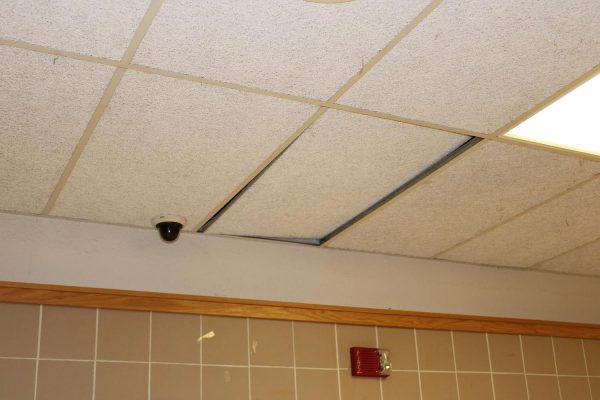Say “Hola” to Learning a Second Language in Elementary School
April 28, 2014
Hej alla! Idag kommer jag att tala om värden för främmande språk i dagens globala marknad. So we’re all up to speed? Do we all understand the topic now? No, you don’t understand do you? Well, of course you don’t! Because you haven’t learned that foreign language since you were a child. Enrolling in Chinese, sign language or French throughout four years of high school, is not going make you fluent. But dedication and persistence in learning a language might bring you one step closer. Unfortunately, American students today have regarded the idea of learning a foreign language as a superfluous hobby. And they have a misguided sense of security studying four years of a foreign language in high school.
But the global market necessitates a minimal bilingual population, and yet the number of schools offering foreign languages in this country has been neglected due to new budget cuts. According to an Annenberg Classroom article, the percentage of public and private elementary schools that offer foreign language courses has decreased from 31 percent to 25 percent from 1997 to 2008, and in middle schools, the drop has been even more drastic– 75 percent to 58 percent. Yet, the percentage in high schools remained the same at about 91 percent. But why do high schools have the highest percentage of foreign language offerings, and, more importantly, why do the percentages decrease as we move to younger age groups?
According to an online site Little Pim, which dedicates itself to the development of languages in early childhood, it is a proven fact that between birth and five years old, the human brain is hard-wired to learn multiple languages. But after age five, this critical window starts to close and it becomes increasingly more difficult to learn a new language with an accurate pronunciation. And by the time we hit puberty, our ability to become fluent in a language declines remarkably. In order for the next generation of American citizens to become fluent in a language other than our native tongue, it is imperative that we implement a system for students to learn two languages simultaneously from the moment they take their first steps into their educational experience. But in order for this to become a reality, Americans need to recognize that learning a secondary language is not an indulgence, it is a necessity!
Just the experience alone of traveling to another country and knowing the native language there should motivate us to become fluent. But it’s no shocker that Americans have the most difficult time in a new country as we haven’t put in the necessary time and effort into gaining this critical skill. And as a result, we become arrogant to the new language as we can easily fall back to speaking English in most countries.
In my own experience of befriending a foreign exchange student from Switzerland, I have learned more about her culture than I ever would on my own because I was motivated to learn about her way of life as it was something new and interesting apart from the classic “Cape Cod lifestyle.” But at the same time, I felt embarrassed that I couldn’t even carry out a full conversation in French with her, while she had already mastered the entire English slang. Yes, I had been learning French for over five years, but because of patches of Spanish in between years of hard work in French, I felt, and continue to feel, as if I have to start over again each year I walk into my higher level French class.
Although some may think that learning a foreign language is an excessive expenditure on our school budgets, it can only benefit our future generations. According to a Telegraph article by Anne Merrit, our brain primarily gains the highest amounts of benefits when learning a new language. And our ability to negotiate, problem solve and think critically improves along with our ability to multi task and memorize, said Merrit. And by opening our minds to a new language, the risk for attaining Alzheimer’s disease at a young age has even been proven to decrease, Merrit added. With the improved brain function as a result of learning a second language, students would be far better prepared for college and the ever increasing multilingual job market.
The data doesn’t lie. If we continue to ignore the weight of acquiring a new language into our lives, the competition for jobs and the arrogance of Americans towards learning other culture’s languages can only increase. We need to make it a priority to improve the language system in our schools starting as early as preschool. And we need to say “au revoir” to the mindset that “we can’t learn a new language”, because we all have the ability! We just have to put in the necessary work because it does matter for our future careers, and oui, ca vaut le coup! (It’s worth it).










